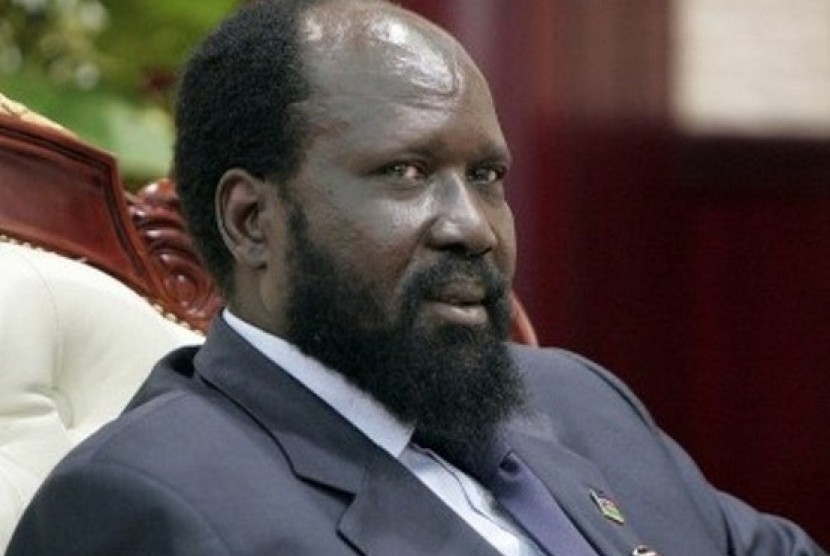REPUBLIKA.CO.ID, JUBA -- South Sudan's army on Monday denied using cluster bombs in its fight with rebels, shrugging off a U.N. report that fragments of the widely-banned explosives had been found.
Weeks of fighting between President Salva Kiir's forces and rebels loyal to former vice president Riek Machar have killed hundreds of people and forced more than half a million to flee their homes in the world's youngest country.
A U.N. landmine-clearing team reported finding remnants of cluster bombs along a road from the capital Juba to Bor in Jonglei state in the north last week.
The explosives, dropped by air or fired by artillery, scatter hundreds of bomblets across a wide area and can kill and maim civilians long after conflicts end.
South Sudan's army spokesman Philip Aguer said many people in his force had not even heard of the explosives before.
"We (do not) have the capacity to deliver these weapons. We have no capacity to use them, transport them or even stockpile
these weapons," he told journalists.
There was no immediate comment from Ugandan troops, who have been supporting government troops in the conflict. South Sudan's rebels have accused Ugandan forces of launching air strikes against their positions, something Kampala denies.
There was also no comment from the rebels on the cluster bombs, though there have been no reports of them using air power. The government and rebels signed a ceasefire on January 23
to end more than five weeks of fighting that brought the country to the brink of civil war, but both sides have accused each other of breaching the pact.
The U.N. mission in South Sudan (UNMISS) said on Monday the bombs had been found on Feb. 10.
"There is evidence that cluster bombs were used (but) no evidence to suggest who used them. But (there is) evidence those cluster bombs were used within the last two months," acting UNMISS spokesman Joe Contreras told Reuters via phone in Juba.
The warring sides have also accused each other of massacres and ethnically-based reprisals.
South Sudan seceded from Sudan in 2011 under a peace deal that ended decades of civil war with the government in Khartoum.
It holds the third-largest oil reserves in sub-Saharan Africa after Angola and Nigeria, according to BP, but remains one of the continent's least developed countries.


